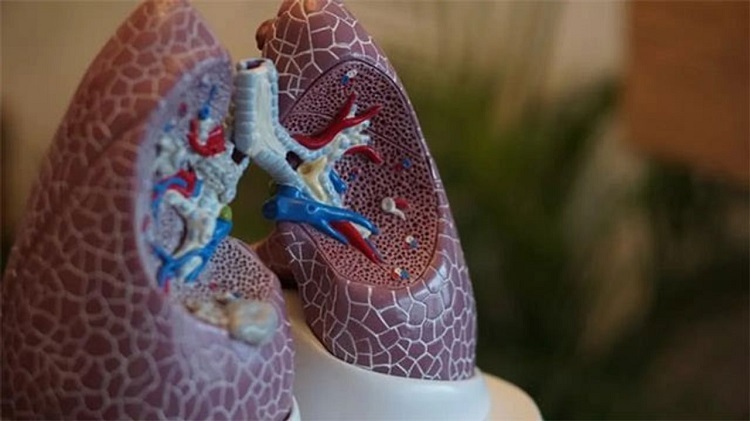Types of Pulmonary Function Test
A pulmonary function test is a non-invasive assessment that shows how well your lungs are working. This test measures lung volume, capacity, airflow rate, and gas exchange. Bridgewater pulmonary function test helps diagnose lung conditions to inform on the most suitable treatment option. Your healthcare provider can use pulmonary function tests for routine checkups, especially if you are working in the chemical industry. This test can also help diagnose breathing issues like asthma, bronchitis, pulmonary fibrosis, dyspnea, and chronic obstructive pulmonary disease (COPD). There are different types of pulmonary function tests, including:
Table of Contents
Spirometry
Spirometry is the most common pulmonary function test. It measures the amount of air you can breathe in and out and how quickly you can empty the air in your lungs. Doctors use Spirometry to diagnose breathing conditions like asthma and COPD. If you are under asthma medication, your doctor can test how well the drugs work. The test involves breathing as much air as possible and then blowing it out through a tube connected to a machine known as a spirometer.
Body plethysmography
Body plethysmography measures the amount of air in your lungs when you inhale. It also measures the air that stays in your lungs after breathing heavily. If you have asthma or COPD, this test can help show how the condition affects your lungs for your doctor to make treatment changes. Body plethysmography can confirm whether you have a lung condition that reduces the space in your lungs. If your airwaves have narrowed, this test can help your specialist decide whether bronchodilators will help open your airwaves.
Lung diffusion capacity
Lung diffusion capacity is similar to Spirometry and involves breathing into a tube linked to a machine. It tests how well oxygen moves from your lungs into your blood. This test can help detect a problem with the blood vessels between your heart and lungs. Your doctor can see the level of damage done by conditions that destroy your air sacs.
Bronchial provocation test
A Bronchial provocation test helps your doctor diagnose asthma and measure its severity. Exercise, smoke, and dust can cause breathing difficulties if you have asthma. During the bronchial provocation test, your doctor gives you a medication that you inhale, narrowing your airwaves. You will then take a spirometry test. You will repeat these steps several times, and your specialist will use the readings to know how much your airwaves narrow when you have an asthma attack.
Cardiopulmonary exercise stress test
The cardiopulmonary exercise stress test measures the strength of your lungs and heart. Your doctor will recommend the test if you have a lung or heart condition. Sometimes these problems occur only during exercise. Cardiopulmonary exercise stress test involves walking on a treadmill or riding a stationary bicycle. Your doctor will monitor your heart rate. You will breathe into a unique tube, and your doctor will check how your lungs function as you work harder.
Pulmonary function tests help your doctor diagnose some respiratory issues and recommend the appropriate treatment plan. Schedule an appointment at Respacare for a pulmonary test function test to detect the root cause of your breathing difficulties.

